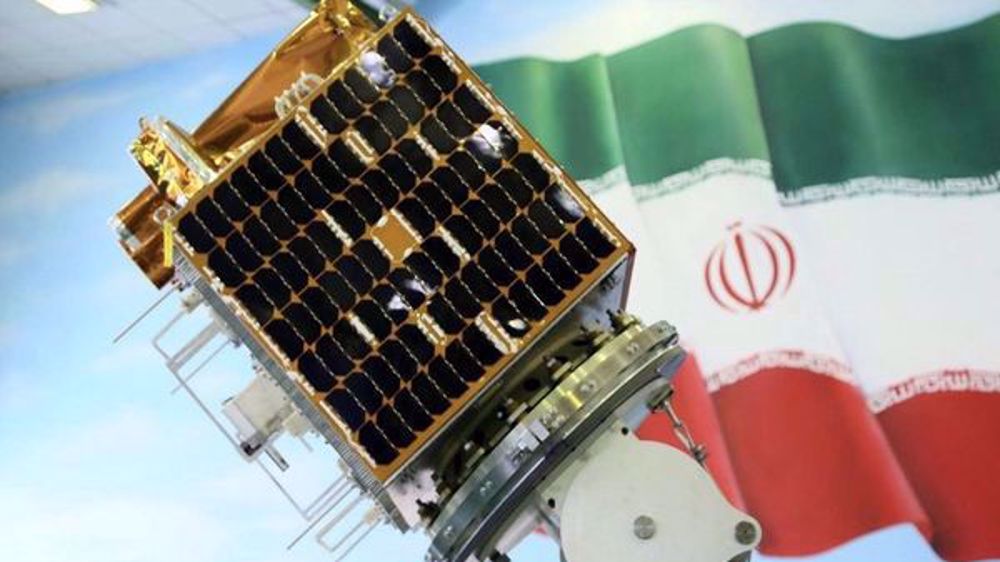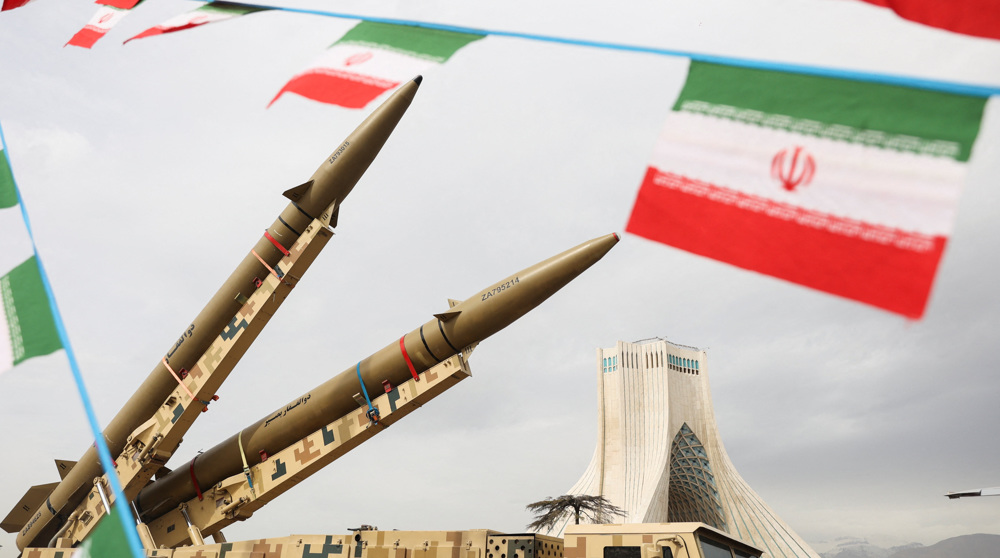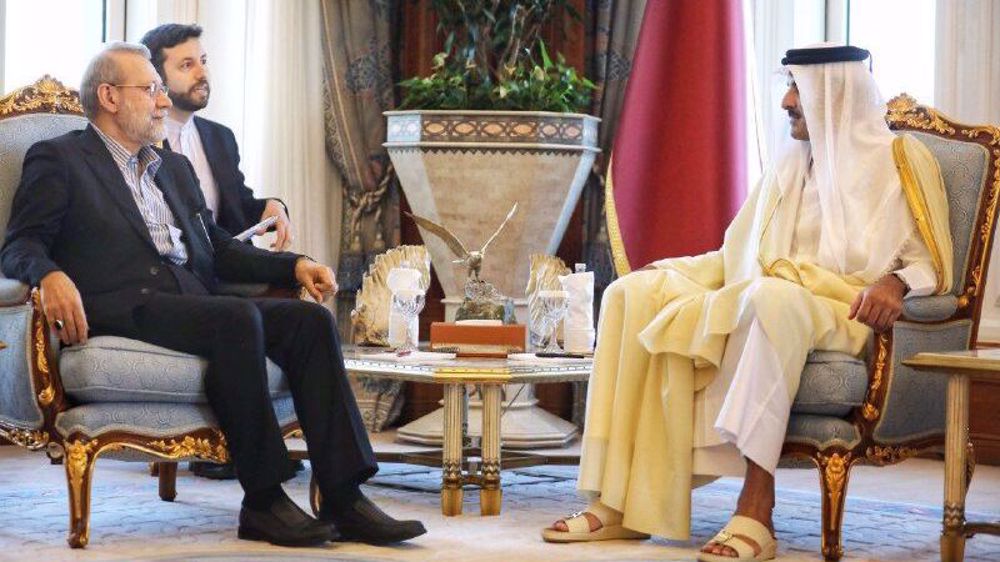US snapback mechanism against Iran, Trump’s propaganda stunt: Leader’s aide
A top advisor to Leader of the Islamic Revolution Ayatollah Seyyed Ali Khamenei says the United States’ push to reinstate the United Nations sanctions on Tehran through a so-called snapback mechanism is part of a propaganda stunt by Donald Trump to attract public attention ahead of the November presidential election.
Ali Akbar Velayati told Tasnim News Agency on Saturday that the US has left the landmark 2015 nuclear deal between Iran and major world powers, officially known as the Joint Comprehensive Plan of Action (JCPOA), and therefore has no right to make the false claim that it can reinstate the sanctions.
"How do they want to trigger the snapback mechanism when they are not members of the JCPOA anymore?" he asked.
Asked about Iran’s reaction to the US' possible move to invoke the snapback mechanism, Velayati said, “The Islamic Republic has a very clear stance … it is not possible for the Islamic Republic to unilaterally implement the JCPOA while the opposite parties fail to do so.”
He emphasized that none of the parties to the JCPOA had fulfilled their obligations but merely participated in the US sanctions campaign against Tehran either directly or indirectly, and said Iran has no commercially acceptable transaction or trade with the Europeans because they had openly imposed embargoes against Iran under Washington's sway.
“An agreement which has practically been violated by one side has no validity,” Velayati pointed out.
The United States is trying to trigger the "snapback" mechanism in the multilateral nuclear agreement despite its withdrawal from the accord in May 2018 in violation of UN Security Council Resolution 2231 that endorses the JCPOA.
Since its much-criticized exit, Washington has been attempting to prevent the remaining signatories from abiding by their commitments and thus kill the historic agreement, which is widely viewed as a fruit of international diplomacy.
The United States’ most prominent Western allies have so far refused to vote for the US push to invoke the snapback mechanism. Washington had suffered a humiliating defeat in securing an extension of the UN arms embargo against Iran at the UNSC last month.
The president of the Security Council on August 25 dismissed attempts by the US to reinstate all UN sanctions against Iran, citing a lack of consensus in the 15-member body.
Iran has repeatedly censured the European signatories to the nuclear deal for failing to meet their commitments under the agreement, saying they are just acting as "subservient" to the United States.
Iranian Foreign Minister Mohammad Javad Zarif said on Thursday that despite recent remarks by the US secretary of state, Washington cannot re-impose the UN sanctions on Tehran on September 20 -- which is one month after the US demanded activation of the sanctions snapback mechanism inside the Iran nuclear deal -- because the US is not a party to the agreement anymore.
Referring to the latest self-assertive remarks by his American counterpart that the bans would come back into force later in September, Zarif said, “Wrong again, @SecPompeo. Nothing new happens on 9/20.”
Elsewhere in his interview, Velayati also criticized certain speculation inside Iran about a possible victory of Joe Biden in the upcoming presidential election, and said no diplomacy is weaker than the one, in which a country pins its hopes on and ties its future to the fate of other countries.
He expressed confidence that the Iranian authorities “will not bother about who will come to power [in the US].”
Read more:
British PM Keir Starmer faces calls to resign
Iran’s Kowsar satellite beams Islamic Revolution anniversary message across region
VIDEO | Press TV's news headlines
VIDEO | Indian regions celebrate Iran’s Islamic Revolution anniversary
Iran’s missile program will never be on negotiating table: Shamkhani
Hezbollah: 47 years of Iranian progress proof of ‘abject failure’ of Western plots
Iran’s Larijani meets Qatari emir amid nuclear talks with US
VIDEO | 47th anniversary of Islamic Revolution celebrated at Iran's Embassy to Holy See















 This makes it easy to access the Press TV website
This makes it easy to access the Press TV website